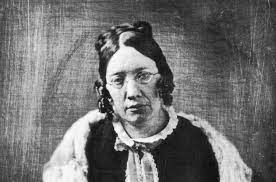Sufferings of Little Children from Cold, Heat, and Filth.
by
October 2nd, 2023
Audio Presented by

Trailblazing American educator, advocated female education and kindergarten integration.
About Author
Trailblazing American educator, advocated female education and kindergarten integration.
